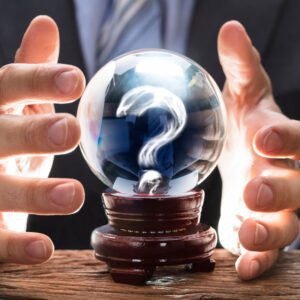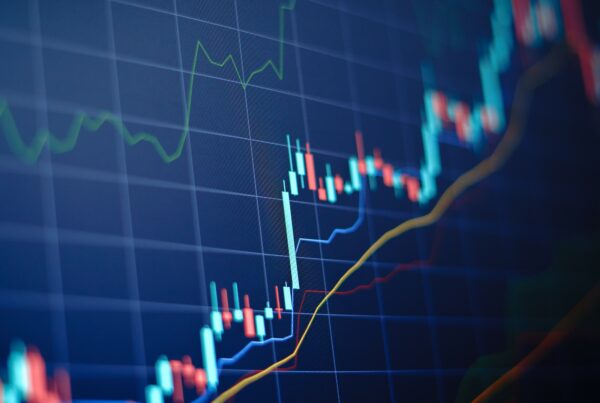 Individuals with advanced economic degrees and economists that are employed (sometimes at astronomical salaries) at the big brokerage firms have inside data that tells them where the economy is going. Right? After all, their views are routinely sought out and published by the major news outlets, so they must know SOMETHING that we don’t know.
Individuals with advanced economic degrees and economists that are employed (sometimes at astronomical salaries) at the big brokerage firms have inside data that tells them where the economy is going. Right? After all, their views are routinely sought out and published by the major news outlets, so they must know SOMETHING that we don’t know.
The interesting thing about these various predictions is that nobody ever goes back and assesses whether the predictions and forecasts were, with the benefit of hindsight, actually accurate or helpful.
Until now. A new report by researchers at Washington University in St. Louis, MO gathered up the consensus forecasts from three popular economic surveys, including from chief financial officers at large publicly-traded firms and the economists at the Conference Board, and compared them with actual market events that occurred after the bold and confident forecasts.
The result? The authors found that in every case, the predictions were less accurate in predicting what would happen, short-term and long-term, in the market than what economists call a ‘random walk,’ which can be compared to throwing darts, assuming you have no skill at darts. The ‘gains’ listed in the researcher’s final table ranged from -0.99% in one year to -18.19% over six months—not the kind of market returns that most of us aspire to.
This confirms a longstanding experiment that the Wall Street Journal conducted some years ago, where expert stock-pickers named the stocks they expected to outperform over the next three to six months, and the Journal’s reporters threw darts to pick a comparison portfolio. Most of the time, the dart-throwers outperformed the expert stock-pickers.
So (one might ask) why do the news outlets seek out the predictions of economists and Wall Street analysts? The answer seems to be for entertainment value. Most of us like to think we know what’s going to happen, and having a person with an advanced degree and seven-figure salary, dressed in expensive business attire, telling us what is going to happen provides a sense of comfort—and maybe a temporary salve to the anxiety that comes with the uncertainty that we all live with in the real world.
Source:



